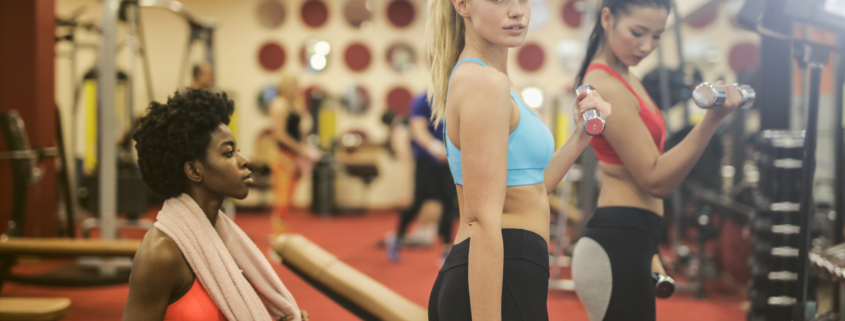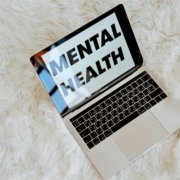Mental Health Benefits of Exercise




Engaging in physical activity by participating regularly in exercise is one of the most beneficial things you can do to enhance and maintain your mental health. Regular exercise and physical activity:
- Reduces stress and anxiety. Regular exercise reduces the amount of stress hormones in the body, resulting in a slower heart rate, relaxed blood vessels, and lower blood pressure.
- Improves your mood and decreases depression. Exercise causes the hormone endorphin to be released in the brain. These hormones are associated with happy, positive feelings. Low levels of endorphins are associated with depression.
- Improves attention and concentration. Exercise boosts blood flow to the brain and helps it receive oxygen and nutrient. The better shape you are in, the faster you fire brain waves that are responsible for quick thinking. Exercise increases energy levels and increases serotonin in the brain, which leads to improved mental clarity
- Improves sleep and relaxation. Exercise raises the core temperature of the body. When the temperature drops back down a few hours later, it serves as a signal to the body that it is time to rest.
- Increases life enjoyment. It gives you a chance to unwind and engage in activities that are enjoyable and makes you happy. It also improves physical health so life can be enjoyed. Research has shown that exercise can slow or help prevent heart disease, stroke, high blood pressure, high cholesterol, Type 2 Diabetes, arthritis, osteoporosis (bone loss), and loss of muscle mass. It also helps ease some aspects of the aging process. Exercise strengthens the muscles and joints, so it reduces your odds of having some of those aches and pains. Moderate exercise also improves the immune system, thereby decreasing the risk of colds and other viruses.
- Improves self-confidence and body image. Regular exercise improves the physical appearance and health of the body. It tones the muscles and adds definition, strengths the bones, and improves the appearance of your skin. All of which can boost self-esteem and improve self-image.
- Sharpens memory and helps with learning. Exercise increases the level of brain chemicals called growth factors which help make new brain cells and establishes new connections between brain cells to help us learn. It protects the hippocampus, which governs the memory and learning, by increasing the production of cells in it. Essentially it keeps your brain fit and active, reducing memory loss.
- Helps manage addictions to alcohol, tobacco, and other drugs by providing a distraction from the abused substance, as well as managing a number of reasons for the substance use (e.g., anxiety, depression, poor sleep).
- Increases energy. Regular physical activity can improve your muscle strength and boost your endurance. Exercise delivers oxygen and nutrients to your tissues and helps your cardiovascular system work more efficiently. Healthy hearts and lungs allow the body to produce more energy. When endorphins are released into your bloodstream during exercise it produces energy for the rest of the day.
- Encourages social engagement and the development of social support systems. Participation in exercise and physical activities can also help you connect with family and friends in fun social setting, encouraging social interactions and social supports.
 So, in your down time take care of your mental health by participating in enjoyable physical activity. Dance, hit the hiking trails, go bike riding, take a swim – just get moving.
So, in your down time take care of your mental health by participating in enjoyable physical activity. Dance, hit the hiking trails, go bike riding, take a swim – just get moving.













Leave a Reply
Want to join the discussion?Feel free to contribute!